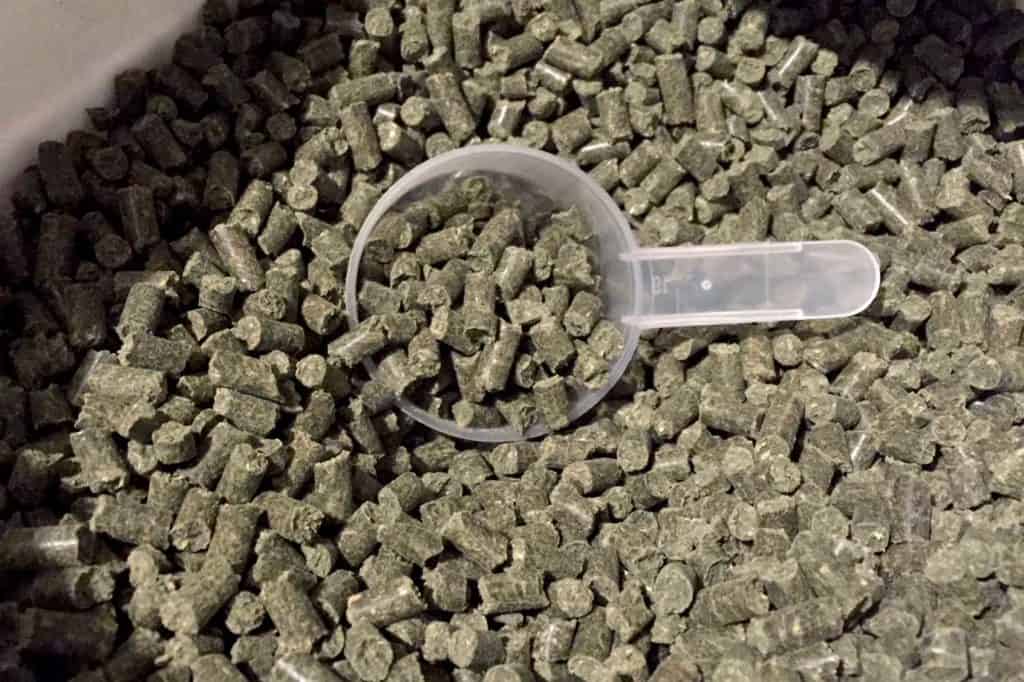
The Consequences of Vitamin E Deficiency in Horses
Dietary deficiency of vitamin E can lead to three specific neurologic and muscular diseases. Find out if your horse is getting enough.

Dietary deficiency of vitamin E can lead to three specific neurologic and muscular diseases. Find out if your horse is getting enough.

An equine nutritionist explains the difference between international units (IU) and milligrams (mg) and how to make sure your horse is getting enough vitamin E.

Does your horse need a dollop, dab, pinch, or peck? Learn to formulate a diet based on your horse’s age, body condition, and health status.

Their names might sound the same, but their molecular makeups are different. Are organic or inorganic forms of trace and macrominerals better for horses?

If you live at northern latitudes, you might lack vitamin D. But what about your horse?

Though they make up only a tiny part of horses’ diets, micronutrients play big roles in major physiological functions, ranging from bone and muscle performance to digestion to hormone signaling.

Vitamin E serves as one of the body’s most potent antioxidants, protecting various cells—including those of the immune system—from the harmful effects of free radicals.

Copper is involved energy production, iron metabolism, connective tissue formation, central nervous system function, and melanin production. Is your horse getting enough? If you only feed forage, probably not.

How do you ensure a horse that’s reluctant to use his salt block and refuses to eat loose salt in his ration is getting enough?

A horse owner wonders if a vitamin C supplement will help her horse with swollen legs.

A horse in Arizona is low-energy and losing weight in the summer heat. Find out what might help.

Trace minerals are essential to the equine diet and help support cell health, immunity, hoof and coat quality, and more. Is your horse getting what he needs?

An equine nutritionist explains what “PPM” means on feed labels and how that translates to your horse’s diet.

Vitamin E and selenium are often packaged and marketed together in supplements. Find out why from researcher Dr. Carrie Finno of the University of California, Davis.

What is the best way to test for vitamin E deficiency, and how often should you test your horse? Dr. Carrie Finno of the University of California, Davis, offers advice.

While omeprazole use is unlikely to cause bone issues in horses consuming correct rations, researchers said it’s important to respect professional recommendations for both omeprazole treatment duration and commercial feeding instructions.
Stay on top of the most recent Horse Health news with
"*" indicates required fields